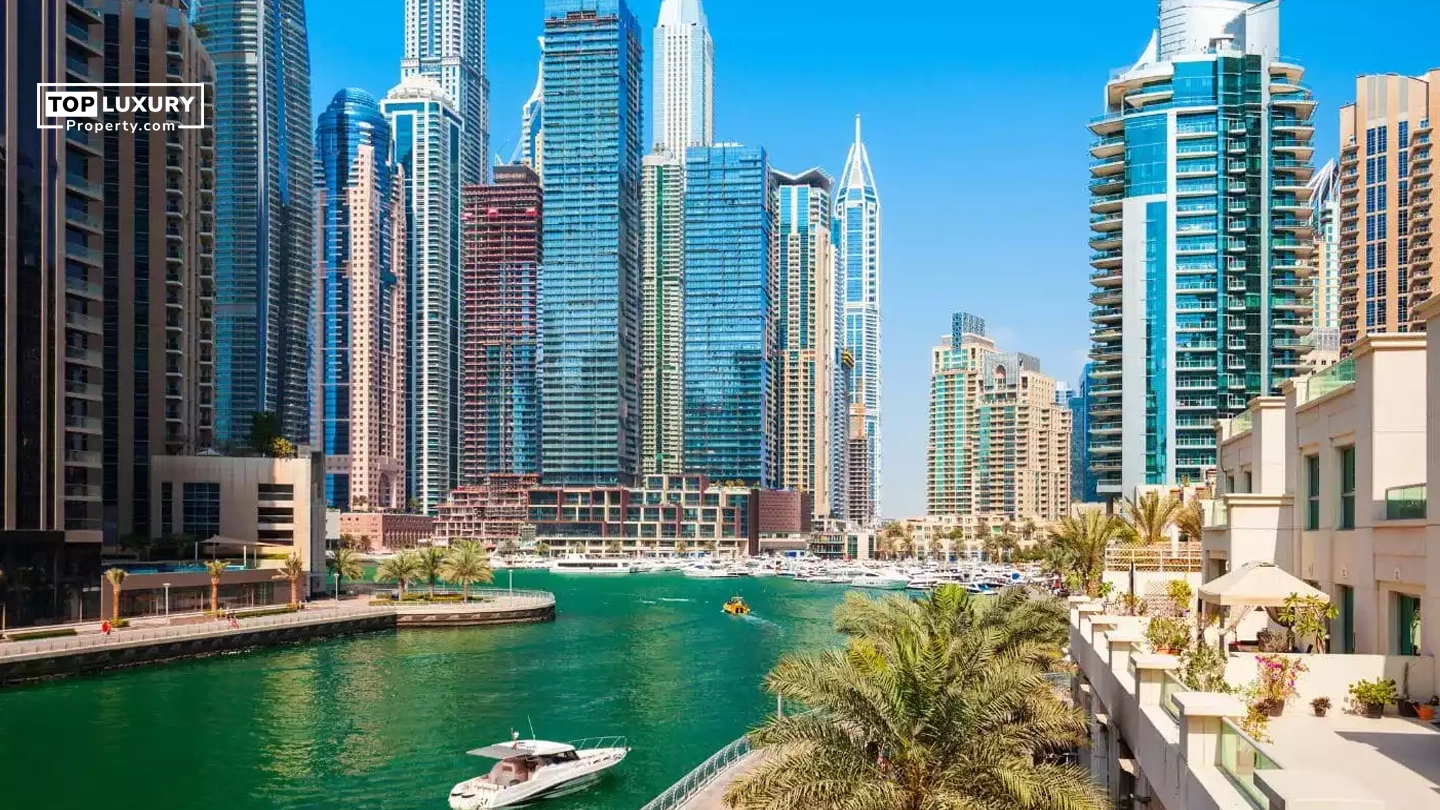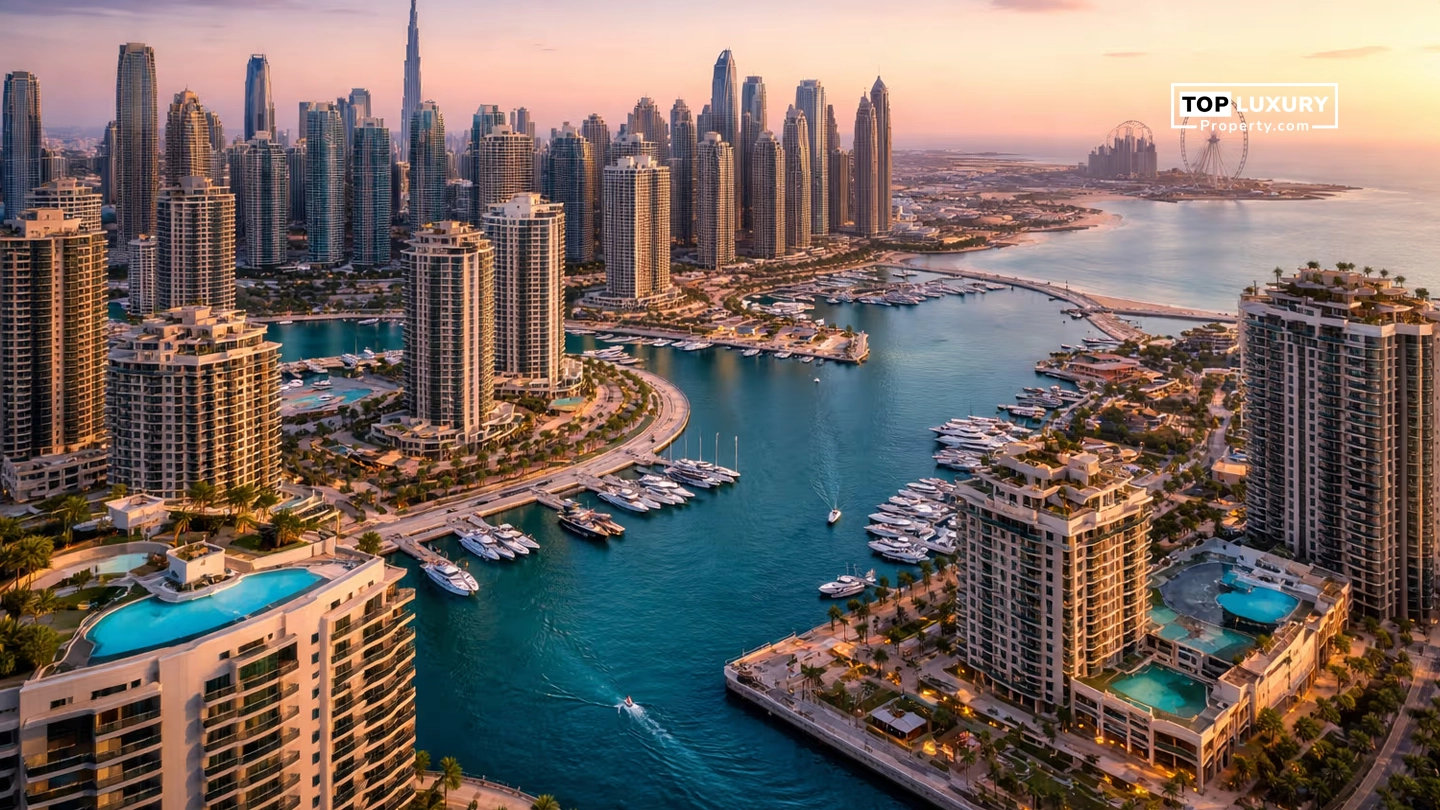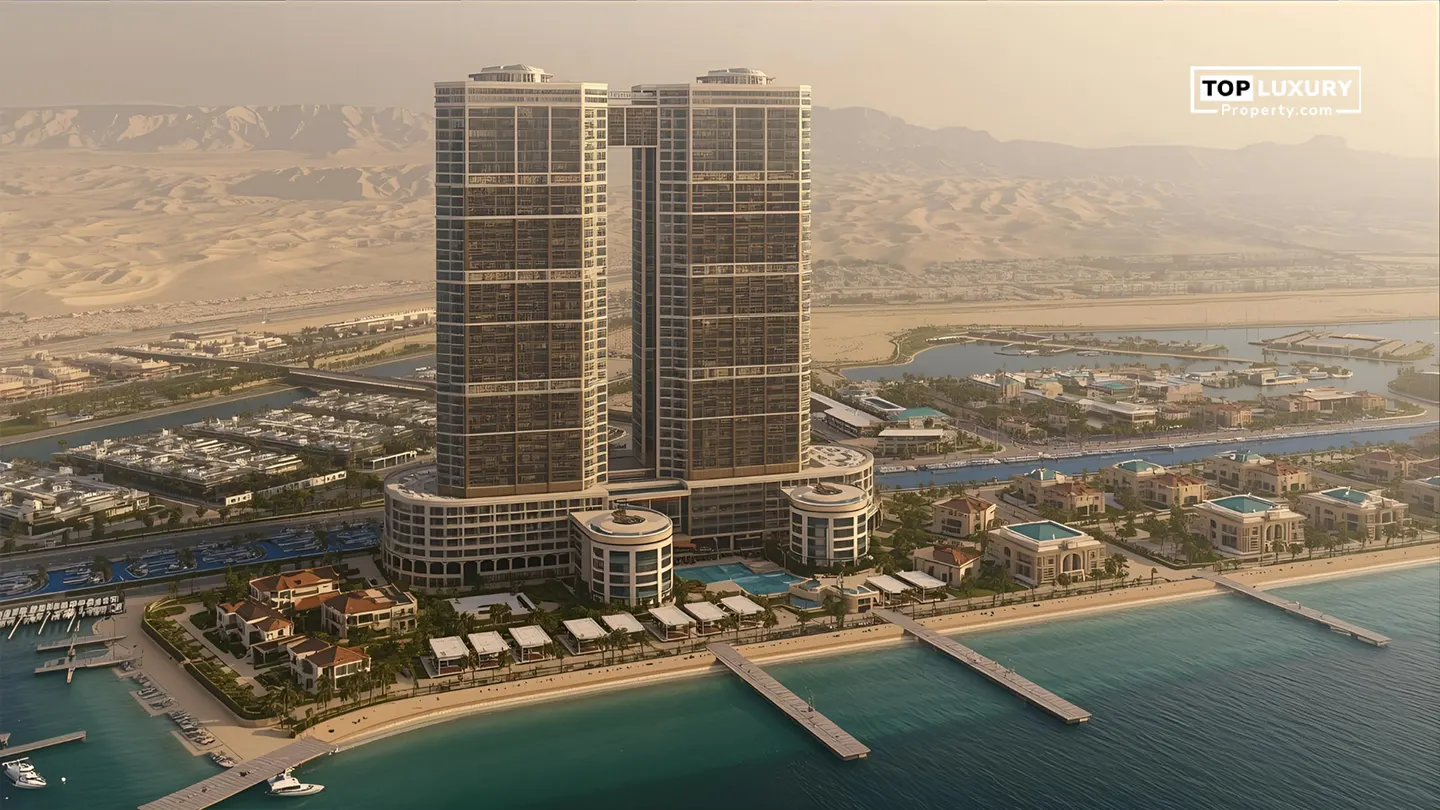New Property Ownership Rules for Expats

The Kingdom of Saudi Arabia has passed a major legislation that will enable foreign nationals living in the Kingdom and foreign investors to buy real estate within the Kingdom. From January 2026, non-Saudis would be able to own their own homes, apartments and business real estate in those designated areas of investment in the large cities, e.g., Riyadh and Jeddah.
Key Take‑aways
- Who is to buy? Individual expatriates and companies that are foreign owned will qualify.
- Freehold rights: The buyers will be accorded freehold titles as opposed to leasehold.
- Identified territories: The full list of recognized regions will be released later this year on the Saudi Arabian portal of public consultations called Istitaa.
- High-priority zones: Fast‑growing business hubs, metro corridors of the future, and the mega‑projects supported by the government (including districts in NEOM) will be the first to reach the top.
Timeline and Implementation Details

- July 2025: Royal decree enacted; now ministries are in the preparation of detailed rules.
- Within 180 days: Draft rules and zone maps will be published on Istitaa where comments could be done by the people.
- January 2026: Final rules are passed into effect; transactions on property on behalf of foreigners can commence.
An exception to this will be the sacred cities of Mecca and Medina. The expats wishing to purchase property there will probably require extraordinary exemptions, in selected non-pilgrim areas, so that cultural integrity is maintained there.
Impact on Saudi Arabia’s Real Estate Market

It is believed that the new law will:
- Increase the demand of housing: The foreign professionals in the fields of finance, tech, and tourism can relocate permanently.
- Boost building industry: Already developers, cement makers and infrastructure companies have boosted share prices by 5% on the Tadawul exchange.
- Further develop mortgage business: Banks develop customized packages that expatriates would utilize in borrowing and this is like what has occurred in the UAE Real Estate Market.
Why the UAE comp is relevant ?
Back in 2002, we saw Dubai opening its freehold areas to people of a foreign origin, and the result brought billions of international capital
There are over 80% of residential sales made in prime areas of Dubai which are owned by foreigners. Its acquisition of the world investment at an early date had changed the skyline, diversified the economy and established a standard in the region which other players had aspired to follow. The current drive among the policymakers in Saudi is to re-create and someday match that success without being lost on the Vision 2030 objectives.
Saudi Arabia foreign property ownership rules
Eligible Ownership Categories:
- Foreign individuals with legal residence in Saudi Arabia can own a single residential property for personal use
- Foreign companies with non-listed status and foreign shareholders can own property for operational needs
- Licensed investment funds and special-purpose vehicles gain property ownership rights
- Diplomatic missions and international organizations can own property for official use with Ministry of Foreign Affairs approval
This framework replaces the restrictive Royal Decree No. M/15 from 2000, moving from capital thresholds and purpose-based approvals to a geographical zoning model. Executive regulations detailing operational procedures and technical guidelines are expected within six months of the law taking effect.
Key Conditions and Eligibility Criteria

Policymakers have provided some pillars that will guide foreign ownership even though they have not yet issued guidelines although they will eventually do so:
- Only Approved Zones
Expatriates can buy in specifically speculated sections of Riyadh, Jeddah, and upcoming economic zones.
The right to own in Mecca and Medina will be limited further; there will be special licenses and limits to the size of establishments.
Review of Ownership Caps
Early drafts suggest that there will be restrictions regarding how many plots or the floor space to avoid speculative hoarding.In-Relation of Residency and Visa
The property purchasers are expected to obtain renewable visas of residence simulating the long term investment Golden Visa of the UAE.
- Order & Re-sale
Holding periods (e.g. five years) preceding resale can be imposed in order to discourage flipping.
And Saudi Arabia is a new diversification option for expatriates who have already Buy Property in UAE: they can reach a huge domestic market of 36 million people, a housing crisis amid the tech boom of the urban centers, and an economy predicted to achieve over $1 trillion by 2030.
Public Feedback Process through Istitaa Platform
Before the full enforcement in January 2026, Saudi authorities are adopting a transparent and inclusive approach by collecting public input. Within 180 days of the law’s approval in July 2025, draft rules and mapped-out zones will be shared via the “Istitaa” consultation platform. This digital space enables citizens, residents, and investors to review and comment on the proposed regulations, ensuring a collaborative final policy. By encouraging feedback, the Kingdom aims to create a more investor-friendly and community-aligned real estate environment that supports long-term growth and sustainable urban development.







